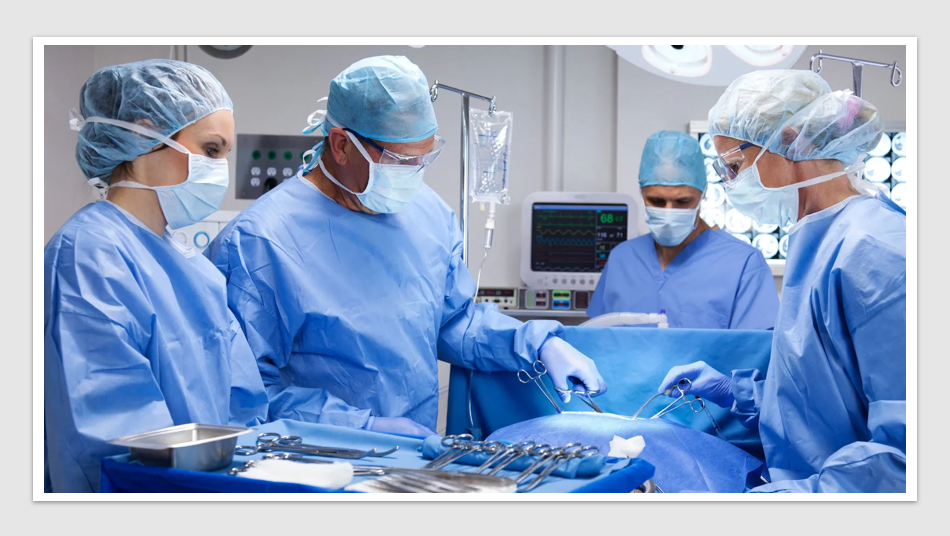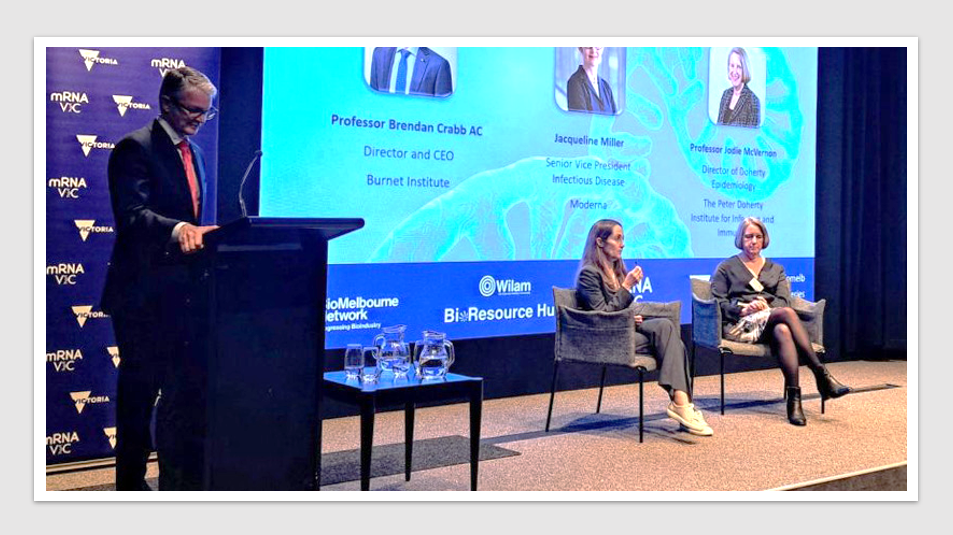News & Trends - Pharmaceuticals
MSD’s latest data to set new standard of care in kidney cancer therapy

Pharma News: Immunotherapy after surgery significantly improved disease-free survival (DFS) for patients with the most common type of kidney cancer, clear-cell renal carcinoma (RCC).
A phase III international study, presented at the 2021 American Society of Clinical Oncology (ASCO) Annual Meeting, found that MSD’s checkpoint inhibitor Keytruda (pembrolizumab) could offer an effective treatment for patients currently with few other options.
KEYNOTE-564 is the first phase III study with a checkpoint inhibitor in the adjuvant setting to improve DFS for patients with high risk fully resected RCC.
“Despite surgery, recurrence is common in clear-cell renal cell carcinoma, and should it recur, there are limited curative treatment options for patients. Given the success of pembrolizumab in the KEYNOTE-564 trial, this population may soon have a new standard of care,” said ASCO Chief Medical Officer and Executive Vice President Julie R. Gralow, MD, FACP, FASCO.
At the study’s first interim analysis with 24 months median follow-up, the risk of disease recurrence or death was reduced by 32% compared with placebo. The 24-month estimated DFS rate was 77.3% with pembrolizumab, compared to 68.1% with placebo. Overall, DFS benefit was consistent across subgroups.
The estimated preliminary OS rate at 24 months was 96.6% with pembrolizumab and 93.5% with placebo.
“Pembrolizumab may provide a promising treatment for patients for whom there are few therapy options. KEYNOTE-564’s disease-free survival supports pembrolizumab as a potential new standard of care in the adjuvant setting to delay disease recurrence for patients with fully resected clear cell RCC,” said lead author Tony Choueiri, MD, who heads the Lank Center for Genitourinary Oncology at the Dana Farber Cancer Institute.
Kidney cancer is common in both men and women. Most patients present with local disease, but up to 40% develop metastatic disease following surgery.
Surgical removal of the tumor by partial nephrectomy or the entire kidney by radical nephrectomy is commonly used to treat RCC. However, patients with intermediate- to high-risk advanced disease are at risk for relapse. Currently, there are no standard treatment options post-surgery.
News & Trends - Pharmaceuticals

Medicines Australia and AusBiotech join Research Australia and Digital Health CRC in welcoming funding of national strategy for medical research and National One Stop Shop
Pharma News: Medicines Australia, AusBiotech, Research Australia and the Digital Health Cooperative Research Centre (DHCRC) applaud the funding announcement of […]
MoreNews & Trends - MedTech & Diagnostics

Health insurers clash with government on GUIs decision, prompting threat of premium hikes
MedTech & Diagnostics News: A warning of potential increases in health insurance premiums for 15 million Australians has been issued […]
MoreNews & Trends - MedTech & Diagnostics

Catheter ablation underused in atrial fibrillation despite proven efficacy
MedTech & Diagnostics News: A new study highlights that nearly half of all patients hospitalised for atrial fibrillation (AF) in […]
MoreNews & Trends - Biotechnology

How prepared are we for the next pandemic?
Biotech News: The Melbourne biotechnology community came together for a symposium hosted by BioMelbourne and mRNA Victoria, featuring specialists in […]
More